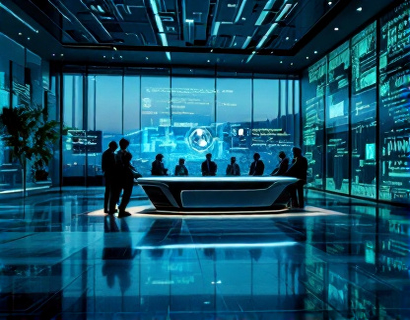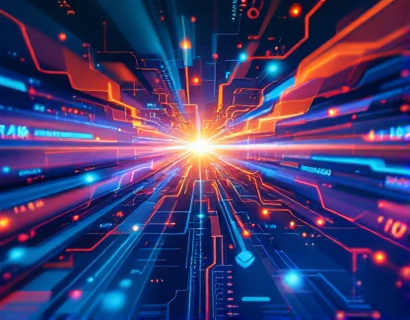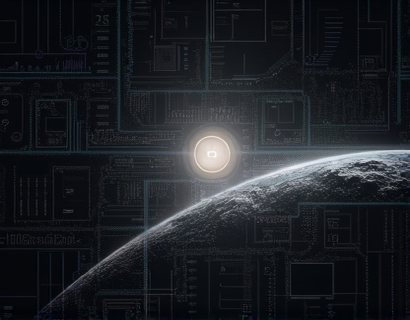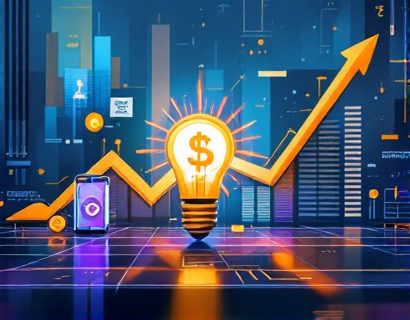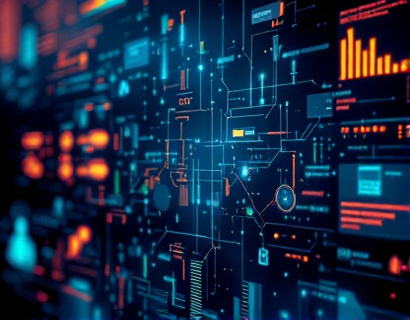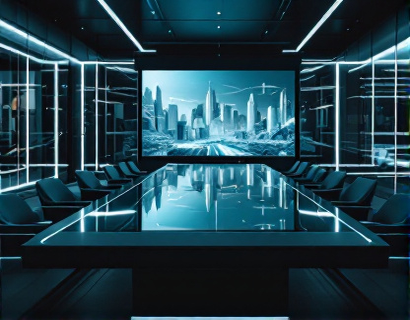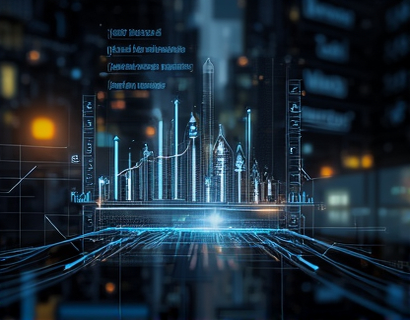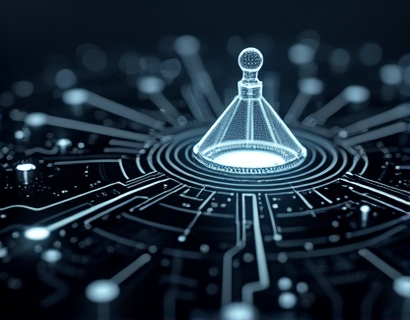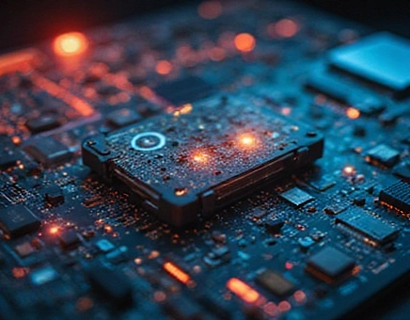Elevate Your Restaurant: Expert Management Software for Streamlined Operations and Enhanced Customer Experiences
In the competitive world of dining, restaurant owners and managers face numerous challenges that can impact the success of their businesses. From managing staff schedules and inventory to ensuring a seamless dining experience for customers, the tasks are diverse and demanding. To tackle these challenges effectively, leveraging expert management software is crucial. This powerful tool is designed to streamline internal operations and enhance external customer interactions, ensuring that every aspect of restaurant management is efficient and satisfying.
Streamlining Internal Workflows
One of the primary benefits of implementing expert management software in a restaurant setting is the optimization of internal workflows. These systems are equipped with features that automate routine tasks, reducing the likelihood of human error and freeing up staff to focus on more critical responsibilities. For instance, automated scheduling tools can generate and manage staff schedules based on real-time data such as employee availability, legal working hours, and historical performance metrics. This ensures that the right people are on duty at the right times, minimizing overstaffing or understaffing issues.
Inventory management is another area where expert software shines. By integrating with point-of-sale systems, these tools can track inventory levels in real-time, automatically generating orders when stock falls below predefined thresholds. This not only prevents stockouts but also reduces excess inventory, which can lead to waste and unnecessary expenses. Additionally, the software can provide detailed analytics on inventory turnover, helping managers make informed decisions about purchasing and storage.
Enhancing Customer Interactions
Customer satisfaction is paramount in the restaurant industry, and expert management software plays a vital role in enhancing customer experiences. One key feature is the implementation of a unified customer management system. This system centralizes customer data, including preferences, order history, and feedback, allowing staff to provide personalized service. For example, a server can quickly access a regular customer's favorite dishes and special requests, ensuring a tailored dining experience that fosters loyalty and positive word-of-mouth.
Another significant advantage is the use of digital ordering and reservation systems. These tools not only streamline the booking process but also reduce wait times and errors associated with manual reservations. Customers can easily book tables or place orders through a user-friendly app or website, enhancing their overall experience. Moreover, real-time updates and notifications keep customers informed about wait times, table availability, and order status, reducing frustration and increasing satisfaction.
Improving Communication and Collaboration
Effective communication and collaboration among staff are essential for a smooth-running restaurant. Expert management software facilitates this by providing a centralized platform where team members can communicate and share information efficiently. For instance, a built-in messaging system allows staff to send instant messages, share files, and coordinate tasks without the need for multiple communication channels. This ensures that everyone is on the same page, reducing misunderstandings and improving productivity.
Furthermore, these systems often include role-based access controls, ensuring that staff members only see the information relevant to their roles. This not only enhances security but also prevents information overload. Managers can monitor performance metrics and provide real-time feedback, fostering a culture of continuous improvement and accountability.
Data-Driven Decision Making
One of the most powerful aspects of expert management software is its ability to provide actionable insights through comprehensive analytics. By collecting and analyzing data from various sources, such as sales, customer feedback, and operational metrics, the software helps managers identify trends, spot areas for improvement, and make informed decisions. For example, sales data can reveal peak hours and popular menu items, enabling managers to optimize staffing and inventory accordingly. Customer feedback analytics can highlight common complaints or praises, guiding improvements in service quality and menu offerings.
Additionally, the software can generate detailed reports for stakeholders, providing a clear overview of the restaurant's performance. These reports can be used to secure investments, negotiate with suppliers, or attract new customers by demonstrating the restaurant's commitment to excellence and continuous improvement.
Enhancing Operational Efficiency
Operational efficiency is crucial for maintaining profitability in the restaurant industry. Expert management software contributes to this by automating and streamlining various processes. For instance, kitchen display systems (KDS) integrated with the management software can streamline food preparation. Chefs receive digital orders directly on their tablets or screens, reducing the need for paper slips and minimizing errors. This not only speeds up service but also ensures that dishes are prepared accurately and promptly.
Cleaning and maintenance schedules can also be managed through the software, ensuring that the restaurant remains clean and well-maintained at all times. Automated reminders and checklists help staff stay on track, reducing the risk of lapses in hygiene and cleanliness, which are critical for customer satisfaction and health regulations.
Boosting Employee Productivity and Morale
Employee productivity and morale are closely linked to the overall success of a restaurant. Expert management software can significantly boost both by providing tools that make staff jobs easier and more rewarding. For example, self-service portals allow employees to manage their schedules, request time off, and access pay stubs without needing to visit management. This autonomy can increase job satisfaction and reduce administrative burdens on managers.
Performance tracking and recognition features within the software can also enhance morale. Managers can set goals and milestones, providing real-time feedback and rewards for achieving them. This not only motivates staff but also fosters a positive work environment where employees feel valued and recognized for their efforts.
Conclusion
In conclusion, expert management software is an indispensable tool for modern restaurants looking to elevate their operations and customer experiences. By streamlining internal workflows, enhancing customer interactions, improving communication, and providing data-driven insights, these systems help restaurants achieve efficiency and satisfaction across all fronts. As the dining industry continues to evolve, embracing such technology is not just a competitive advantage but a necessity for long-term success.












